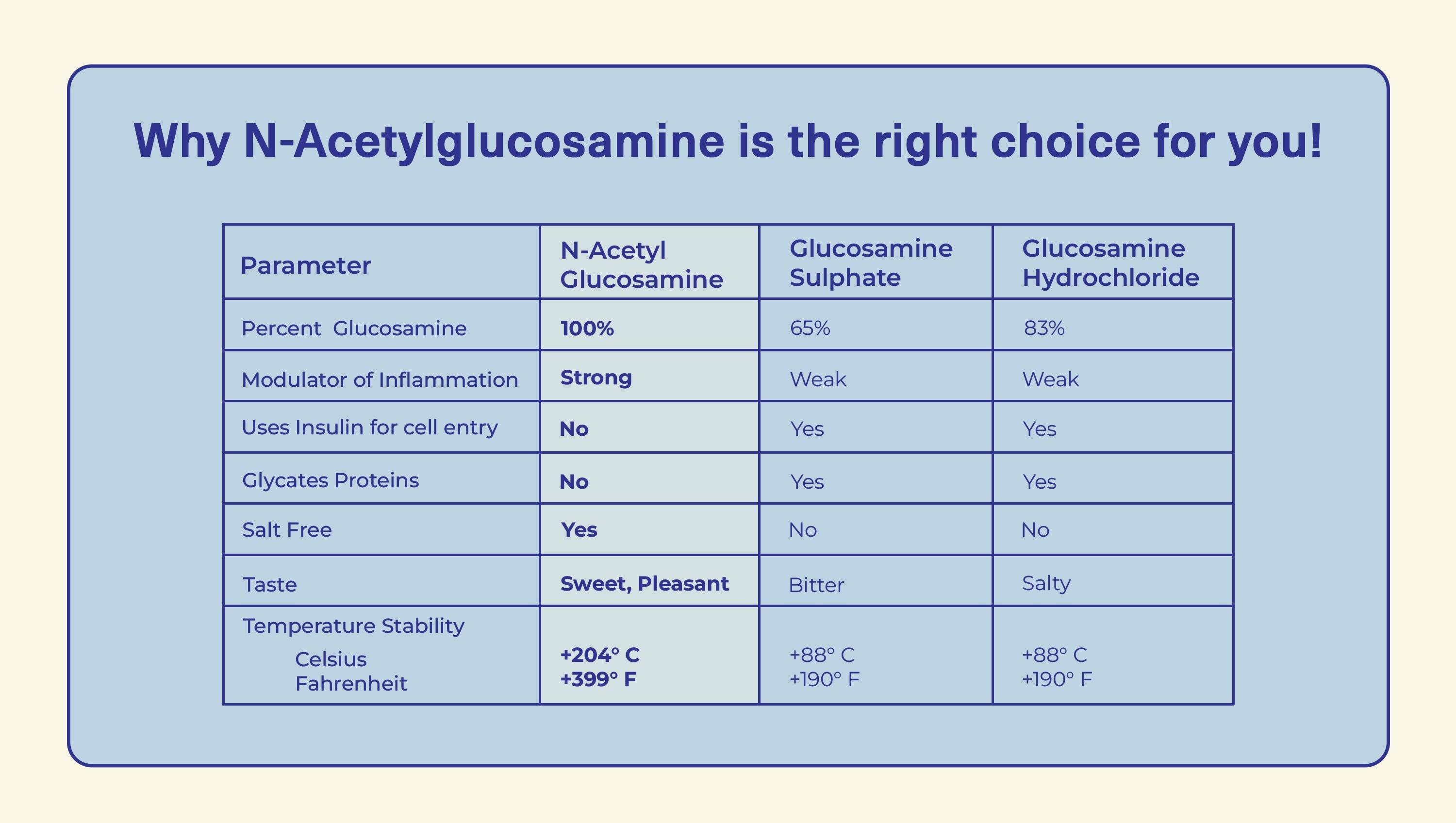

· De Pooja Kukreja
Spicing Up Wellness: A Culinary Journey to Gut Health with Everyday Ingredients
Introduction: Understanding Gut Health
From bloating to indigestion, our gut health plays a pivotal role in our daily lives, affecting everything from our energy levels to our mood. In a world filled with processed foods and hectic lifestyles, maintaining optimal digestion and gut health can sometimes feel like a battle. Our digestive system works hard to break down food and absorb its nutrients so our body can use them. Incorporating herbs for digestion into our daily routine is essential for our digestive system to function.
The Gut-Healing Power of Herbs
Peppermint
When you think of the word ‘mint,’ what comes to your mind? A scent? A taste? Peppermint is perhaps the most well-known of the minty smells, along with spearmint and wintergreen. Known for its soothing properties, peppermint is versatile and helps alleviate digestive discomfort. Peppermint gets its name from Greek mythology. As the legend goes, the god Hades was having an affair with a nymph named Minthe. When his wife found out about his infidelity, she turned Minthe into a common plant.
Peppermint is one of more than 25 different species of plants within what botanists call the “Mentha” family. It is one of the most popular flavours in existence today. Peppermint oil has also been proven to possess serious pain-relieving and infection-preventing qualities. If that weren’t enough, peppermint also helps speed up production of enzymes in the stomach and intestines, stimulating the gastric lining to break down food more quickly and easily. Studies have shown that smelling peppermint during or prior to exercising will cause people to work out longer and report less effort or fatigue.
Turmeric
This golden spice has gained popularity in recent years, turmeric has long been used in traditional medical and culinary applications. Its anti-inflammatory qualities help to reduce gut inflammation linked to disorders including IBD and IBS, adding to its well-documented advantages for digestive health. Turmeric also improves intestinal motility, which encourages regular bowel motions, and increases bile production, which is necessary for the digestion of fat. Its abundance of antioxidants aids in the digestive system's fight against oxidative stress. Turmeric provides beneficial support for digestive wellness when added to food or taken as a supplement; nonetheless, it is advisable to speak with a healthcare provider before beginning any new programme. Curcumin, the active compound in turmeric, has been shown to support digestive health by reducing inflammation in the gut and promoting the growth of beneficial gut bacteria. Incorporate turmeric into cooking or enjoy it as a soothing turmeric latte for a delicious dose of digestive support.
Ginger
A staple in traditional medicine, ginger is revered for its potent anti-inflammatory and digestive benefits. It is a warming spice with a long history, and has been used for digestion since ancient times. Originating from Asia and introduced to Europe during the Roman Empire, it has been valued by Chinese herbalists and ancient Greeks alike. Today, scientific research confirms its therapeutic benefits, including alleviating nausea, upset stomach, and heartburn. Its active compounds, gingerols and zingerones, have anti-inflammatory properties. Ginger helps normalise digestion, promotes appetite, and relieves stomach discomfort. It's especially useful for travellers dealing with motion sickness. Adding a little ginger to meals can ease digestion, prevent nausea, and reduce gas in the stomach and intestines, making it a valuable digestive aid throughout history.
Dandelion Root
The term "dandelion" comes from the French "dent de lion," which means "lion's tooth" and describes the plant's serrated leaves that resemble a lion's teeth. Valued for their medicinal properties and culinary versatility, dandelions have been used since ancient times. Dandelion can be used as a herbal remedy for various ailments, including digestive issues, liver problems, and skin conditions. The bitter compounds found in dandelion leaves and roots stimulate the production of digestive enzymes, bile, and gastric juices, aiding in digestion and alleviating symptoms such as bloating, gas, and indigestion. Dandelion root, in particular, is a bitter herb known for stimulating digestion and supporting liver health. It contains compounds that increase bile production, aiding in the digestion of fats and promoting detoxification. Dandelion root tea serves as a gentle diuretic, helping alleviate water retention and bloating.
Chamomile
Originating from Europe and western Asia, chamomile was revered by ancient Egyptians, Greeks, and Romans for its medicinal properties. Derived from the Greek words "khamai," meaning "on the ground," and "melon," meaning "apple," due to its apple-like aroma. Chamomile has been traditionally used to alleviate digestive discomfort, including indigestion, bloating, and stomach cramps. Its anti-inflammatory and calming effects help relax the gastrointestinal tract, reducing irritation and promoting digestive health. Enjoy a cup of chamomile tea before bed to unwind and support digestion or you can use chamomile tincture to ease digestive discomfort throughout the day.
Conclusion
Herbs support our gut health and general well-being, so incorporating them into our food is about more than just giving our food flavour. These herbs have been used for generations to treat digestive issues; benefits range from the calming effects of peppermint to the anti-inflammatory qualities of turmeric and ginger. By using these natural medicines, we can harness the wisdom of old cultures and give ourselves the ability to use the power of nature to help our digestive systems. Let's keep adding commonplace items to our wellness path, feeding our bodies from the inside out, and enjoying the benefits of robust health and vigour.



